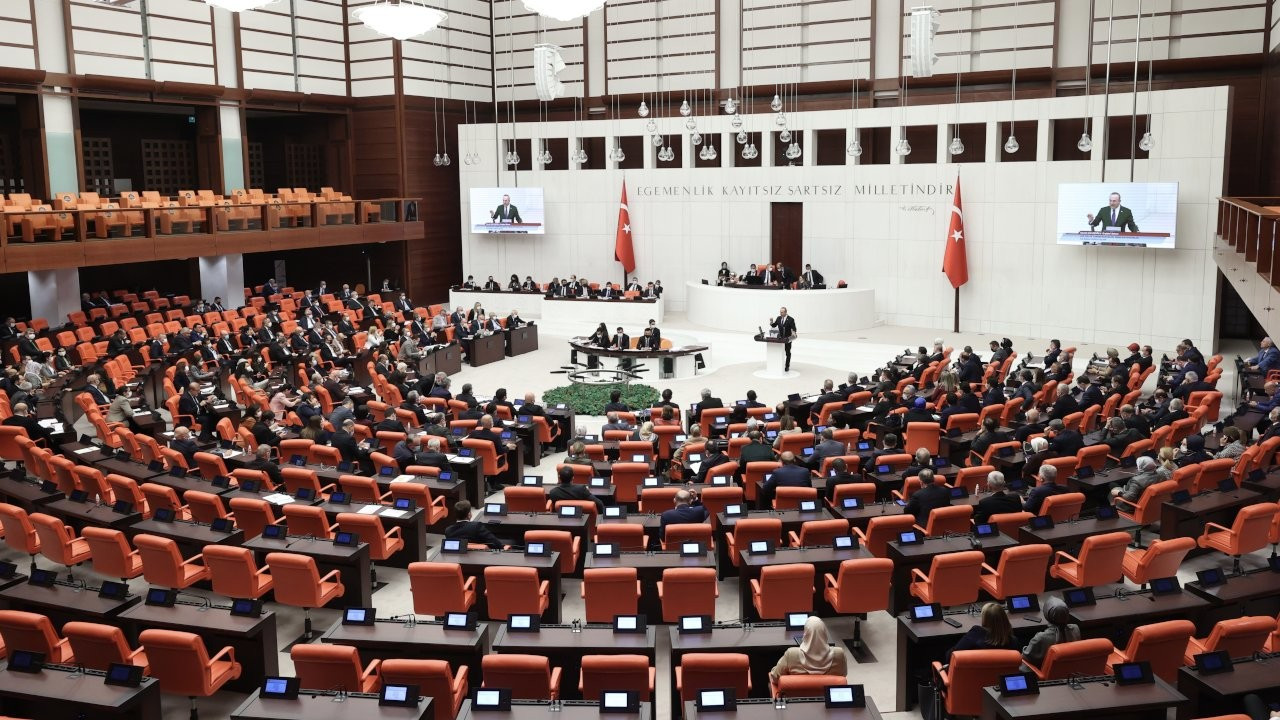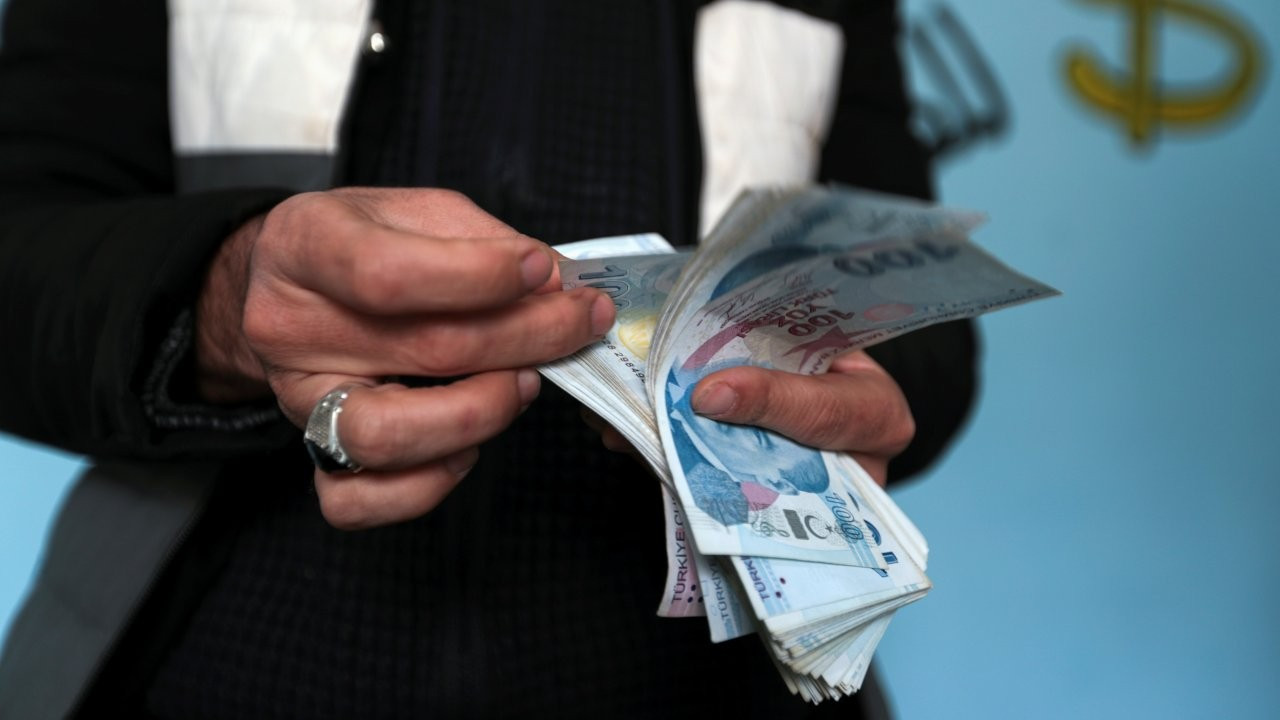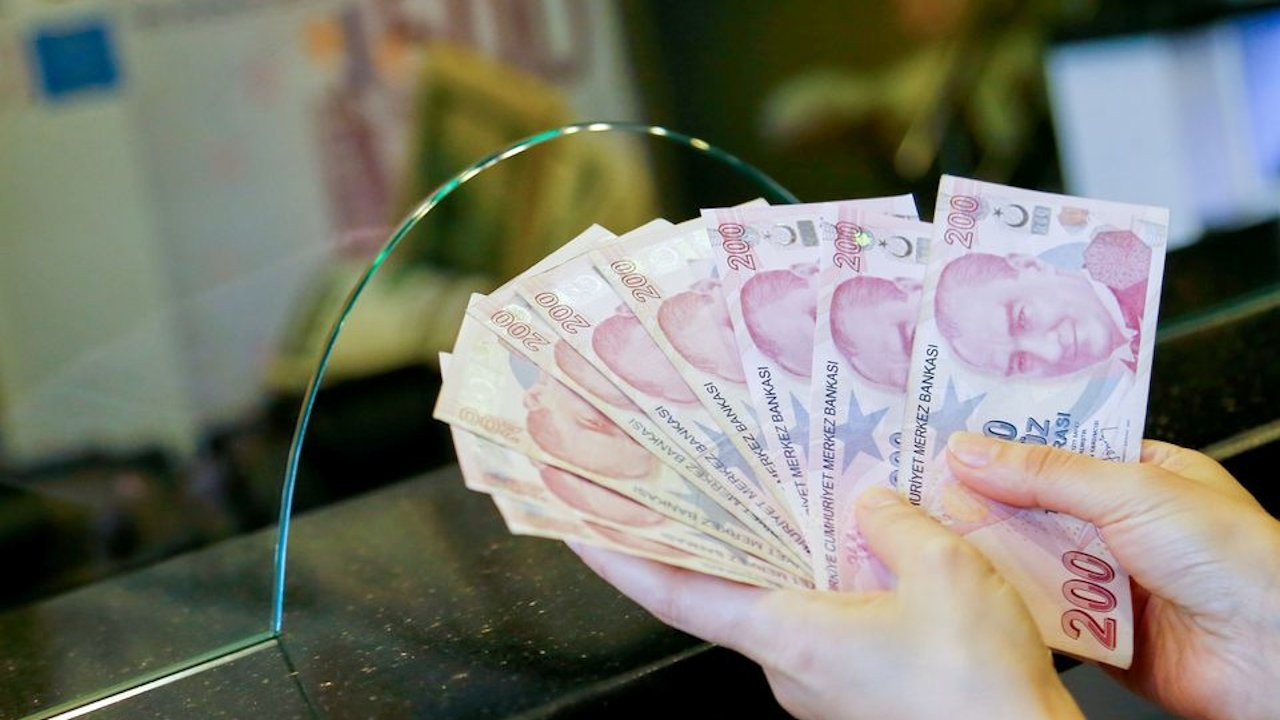Turkey's currency crash hammers the nation's builders
Turkish builders have postponed some projects and slowed the pace of others after a currency meltdown sent construction costs soaring. The currency slide has been driven by the central bank's aggressive monetary easing, a move sought by President Erdoğan but criticized by economists and opposition lawmakers.
Reuters
Turkish builders have postponed some projects and slowed the pace of others after a currency meltdown sent construction costs soaring, rattling an industry that has propelled the economy in recent decades, executives and officials say.
The industry, which accounts for about 5% of economic output, may cut jobs and is likely to shrink this quarter as builders await more stable prices, after the sector contracted 6.7% year on year in the third quarter, they told Reuters.
Costs for rebars, concrete and other construction materials have jumped more than 40% in the past three months, firms and a builders association say, mirroring the lira's 41% plunge to record lows against the dollar in the same period.
The currency slide has been driven by the central bank's aggressive monetary easing, a move sought by President Recep Tayyip Erdoğan but criticized by economists and opposition lawmakers.
The depreciation has stoked inflation, upended household budgets and caused disruption for construction and other businesses that rely on imported raw materials.
"We are seriously struggling with the cost increases," said İbrahim Babacan, chairman of construction firm Babacan Holding.
His company has postponed one Istanbul condominium project until the second quarter of 2022, awaiting "more predictability to invest more," he said.
The firm was also considering slowing another project launched six months ago for 1,000 homes in a condominium "if the unpredictability prevails," he said, adding that investment for that project had ballooned from about 1 billion lira ($72 million) to 1.6 billion lira in the space of six months.
Three main challenges
The lira hit 14.99 to the dollar on Dec. 13, losing half its value this year. Annual inflation hit 21.3% in November and the producer price index rose to 54.62%.
"The construction sector is facing three main challenges: cost increases, deteriorating balance sheets and delays in construction projects," said Nazmi Durbakayım, head of the Istanbul Constructors' Association.
Official data shows the construction cost index soared 41.93% in October, but Durbakayım said the real rise in costs for builders was much higher.
Prices of rebars and concrete, two vital materials, were up by 70% and 44% respectively since September, his association's data shows. Prices of other materials jumped by as much as 88% since September, coinciding with the lira's crash after the first in a series of central bank interest rate cuts.
Erdoğan demanded rate cuts to fuel a push for more exports, credit and economic growth before elections in 2023. The central bank cut its key rate by 400 basis points since September to 15% and is expected to deliver another cut this week.
The lira's tumble has made exports more competitive and has also made Turkish property cheaper for those with foreign exchange. House sales to foreigners jumped 48.4% to a record level in November, official data showed.
Other help could be on the way.
"The sector is likely to benefit from some supportive steps such as new loan packages offered by state banks (and) tax incentives as the government will be going through an election process," said Can Fuat Gürlesel, economic adviser to the Association of Turkish Construction Materials Producers.
But the construction industry was still expected to shrink this quarter because of currency volatility, officials said, and could face further pressures with an expected 35% rise in wages by January.

 Iranians flock to Turkey's Van for cheap holidayEconomy
Iranians flock to Turkey's Van for cheap holidayEconomy Turkish government to present extra budget as lira dives: SourcesEconomy
Turkish government to present extra budget as lira dives: SourcesEconomy Turkish lira slides again after rollercoaster ride to record lowEconomy
Turkish lira slides again after rollercoaster ride to record lowEconomy Professor says Turkey may declare state of emergency following economic crisisEconomy
Professor says Turkey may declare state of emergency following economic crisisEconomy